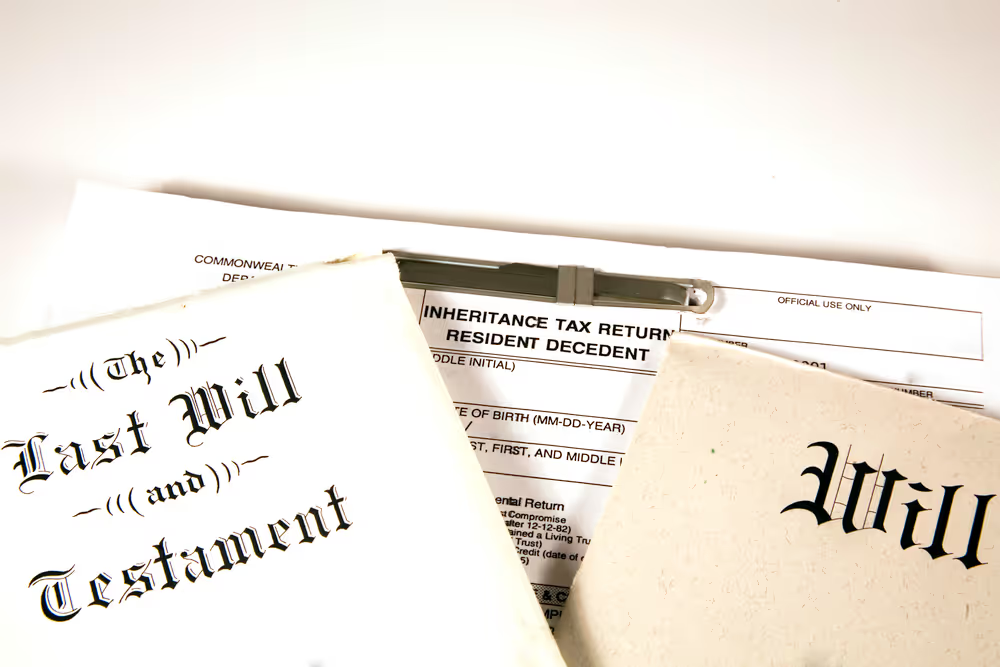How Planned Giving Can Benefit You and Your Heirs
Planned giving is a popular option that individuals use to better manage their estate and plan for their legacy after death. But what exactly is planned giving, and how does it benefit you and those that you choose to leave your estate to? While planned giving is more complex than can be covered in one article, we’ll touch on the basics of it below. If you have further questions about planned giving and how it can benefit you and your heirs, contact our accountants at Demian & Company CPAs today.
What Is Planned Giving?
Planned giving is a part of estate planning, and usually involves contributing a gift to a nonprofit organization at the time of your death. The gift that you leave doesn’t have to be a cash donation either; it can take the form of a life insurance policy, real estate, or personal property instead. It can also involve gifting portions of your estate to your direct heirs periodically throughout your life.
Each of these components of planned giving offers benefits to both you and your heirs, including both your family members and those charities that you choose to leave part of your legacy to. Keep reading to learn what those benefits are.
Benefits to You
As the giver, the primary benefits you’ll receive will be connected to the legacy that you leave behind. Leaving a valuable part of your estate to a charity can help that organization do years of good in your name. You can even use your planned giving to establish a foundation that can involve your heirs, providing them with a sense of purpose and creating a legacy of good works through the generations of your family.
Planned giving also gives you control in your lifetime over where your estate will go when you pass away. This can help give you peace of mind, knowing where your money will go and what it will be used for. Planned giving is more than just naming which heirs or charities get what parts of your estate; you can describe in detail where you want your donation to go and how you want it to be used. For example, if you are leaving a planned gift to a university, you can specify that the funds should be used to provide academic scholarships, to support the library, or any other specifications you wish to place upon it.
While the majority of the financial benefits associated with planned giving are felt by the recipients, you as the giver do see some of that benefit as well. Leaving property like real estate or stocks to charitable organizations allows you to avoid capital gains taxes on their appreciated value. This way, you can leave more to the causes you care about than if you were to leave cash to your preferred charities after death.
If you choose to gift your familial heirs with portions of their inheritance throughout your life, you can enjoy the benefit of seeing them actually making use of that inheritance. Many people find a great deal of joy in helping their children enjoy family trips, or their grandchildren buy their first home or receive a college education through planned giving. It can be a fulfilling experience that isn’t possible through traditional inheritances.
Benefits to Your Heirs
Receiving an inheritance can be a financial benefit to each of your heirs, but planned giving specifically can offer additional benefits to them. As we stated, planned giving of real estate or stocks to a charity can allow you to give more to those organizations that you choose to support. The increased size of the donation, due to the lack of capital gains taxes, can make it possible for them to carry out their mission and spread their reach even further.
In terms of your familial heirs, planned giving can help to reduce the estate taxes that the will have to pay after your passing. Gifting portions of the inheritance throughout their lives (specifically, gifts under $10,000 so that they remain untaxable) allows them to enjoy that inheritance without losing a portion of it to the IRS. It also often provides them with financial aid earlier in their lives, when they’re more likely to need the support.
If you’d like to learn more about planned giving and how it impacts your taxes and your final estate, contact Demian & Company CPAs. We can review your finances with you and provide you with guidance on the best route for reducing taxes for both you and your heirs.
%20(1).avif)
Peter Demian is a highly-rated CPA specializing in accounting and tax services for individuals and businesses across 49 states. He offers expertise in tax strategies and assistance with IRS settlements.


.svg)





